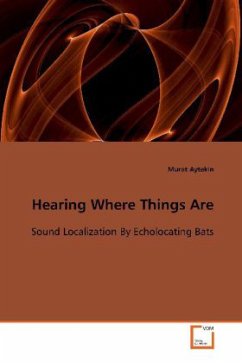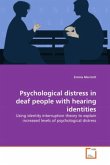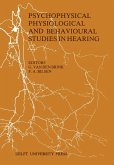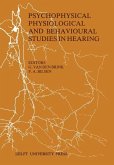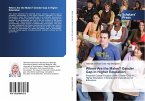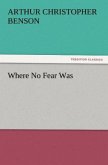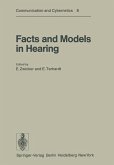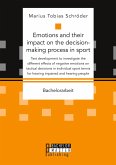Echolocating bats rely mainly on their biological
sonar system to navigate and capture pray. Bats
perceive direction, distance and identity of objects
in space by emitting brief ultrasound pulses and
listening to the echoes returned. By investigating
directional properties of the bat sonar system via
acoustic measurements of external ears and sound
emission directivities this study reveals
direction-dependent acoustic cues that are available
to bats for localizing echo sources in space. It also
brings out the necessity of the extra-auditory
information for the interpretation of the acoustic
spatial information. The book further focuses on how
an organism could learn to localize sound sources
without any a priori neural representation of its
direction-dependent acoustic cues or prior experience
with auditory spatial information. A sensorimotor
model is proposed to address this question reveals
how different aspects of sound localization, e.g.
experience-dependent acquisition, adaptation, and
extra-auditory influences, can be joined under a
comprehensive framework for the first time.
sonar system to navigate and capture pray. Bats
perceive direction, distance and identity of objects
in space by emitting brief ultrasound pulses and
listening to the echoes returned. By investigating
directional properties of the bat sonar system via
acoustic measurements of external ears and sound
emission directivities this study reveals
direction-dependent acoustic cues that are available
to bats for localizing echo sources in space. It also
brings out the necessity of the extra-auditory
information for the interpretation of the acoustic
spatial information. The book further focuses on how
an organism could learn to localize sound sources
without any a priori neural representation of its
direction-dependent acoustic cues or prior experience
with auditory spatial information. A sensorimotor
model is proposed to address this question reveals
how different aspects of sound localization, e.g.
experience-dependent acquisition, adaptation, and
extra-auditory influences, can be joined under a
comprehensive framework for the first time.

